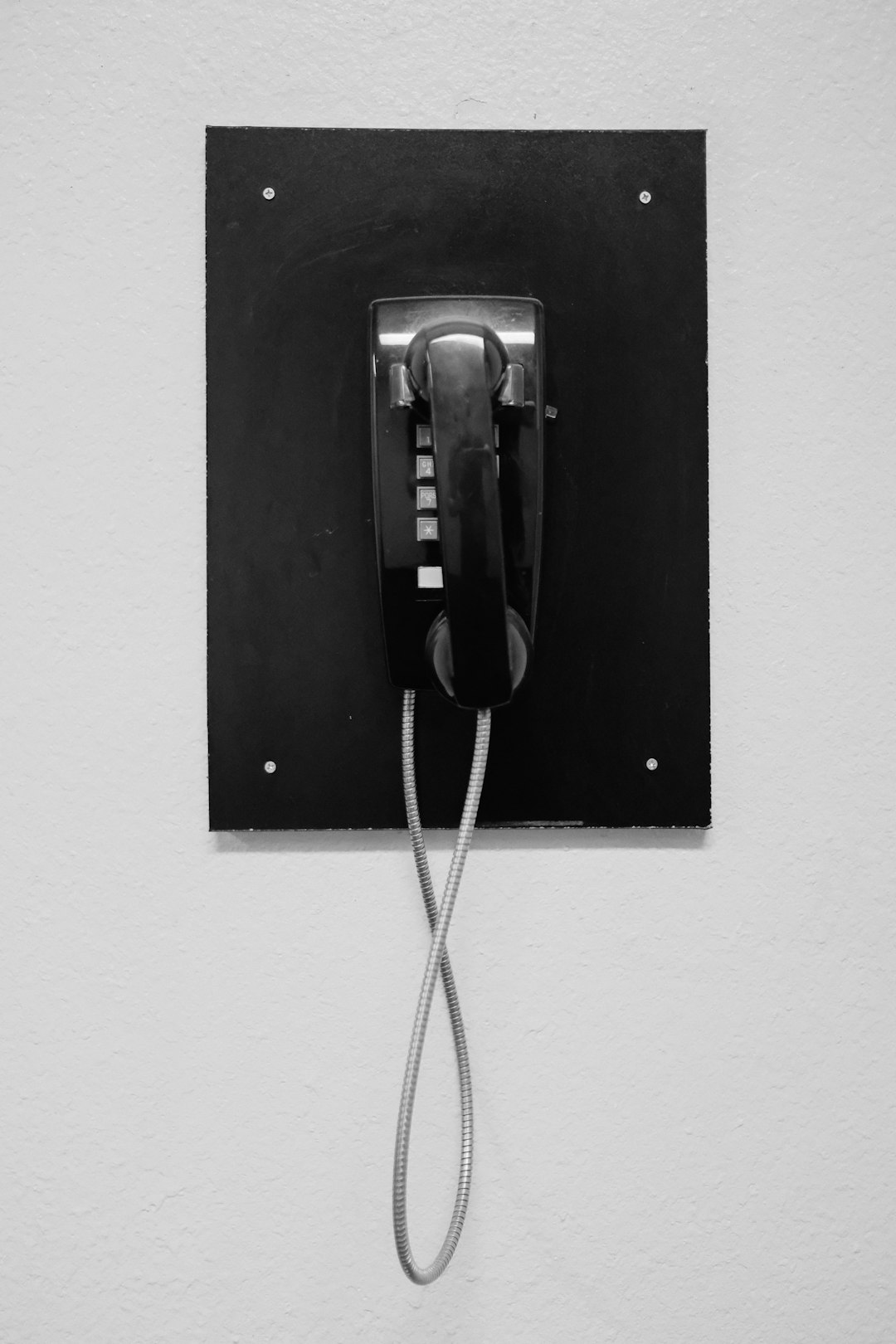In Montana, consumers are protected by state and federal laws (Montana Debt Collection Act) that regulate debt collectors' practices. These laws limit contact frequency, mandate debt validation, cap fees, and prohibit harassment. If facing abusive collection tactics, consulting a qualified debt collector lawyer is advised to ensure rights protection, negotiate settlements, dispute inaccurate credit reports, and maintain financial health. Montana law grants consumers clear information rights and strict guidelines for fair debt recovery.
In Montana, understanding the rules surrounding debt collection is crucial for consumers. This guide provides an overview of the state’s debt collection laws, ensuring you know your rights. Debt collectors in Montana must adhere to strict regulations to protect consumers from unfair practices. We’ll delve into your rights, what constitutes prohibited collection methods, and the legal actions available if these rules are violated. If you’re facing debt collection issues, consulting a skilled debt collector lawyer in Montana can offer valuable guidance.
Montana Debt Collection Laws Overview

In Montana, debt collection practices are regulated by both state and federal laws to protect consumers from unfair or abusive tactics. The Montana Debt Collection Act outlines specific rules for debt collectors operating within the state. These include restrictions on when and how often collectors can contact debtors, requirements for validation of debts, and limits on fees that can be charged.
If you’re facing harassment or unfair practices from a debt collector in Montana, consulting with a qualified debt collector lawyer is advisable. A legal expert can help navigate the complexities of these laws, ensuring your rights are protected and providing guidance on the best course of action. They can also assist in negotiating settlements or disputing inaccurate information on your credit report, which is another critical aspect of maintaining a healthy financial standing.
Rights of Consumers in Montana

In Montana, consumers have specific rights when it comes to debt collection practices. According to state laws, a debt collector cannot use abusive or unfair methods to collect a debt, and they must provide clear and accurate information about the amount owed. Consumers are entitled to request verification of their debt within 30 days of receiving a collection notice. This process ensures transparency and prevents errors in debt reporting.
If a consumer believes their rights have been violated by a debt collector, they can take legal action. Consulting with a debt collector lawyer in Montana is advisable for those facing persistent or aggressive debt collection tactics. The state’s laws protect consumers from excessive pressure, false representations, or harassment during the debt recovery process, ensuring a fair and lawful approach to resolving financial obligations.
Unfair Debt Collection Practices Prohibited

In Montana, debt collectors must adhere to strict guidelines and regulations to ensure fair practices. Unfair Debt Collection Practices are prohibited under state law, protecting consumers from aggressive or deceptive tactics. A debt collector lawyer in Montana can help navigate these rules, ensuring compliance for both creditors and collectors.
Consumers have the right to dispute debts they believe are inaccurate or incorrect. Debt collectors must provide validation of the debt, including information about the original creditor and the amount owed. Additionally, collectors cannot harass or abuse consumers, make false statements, or use intimidating language when attempting to collect a debt. These prohibited practices emphasize the importance of transparency and respect for individuals’ rights in Montana’s debt collection process.
Legal Action and Remedies for Violations

If a debt collector in Montana violates state laws regarding credit report practices, individuals affected have legal recourse. A debt collection lawyer in Montana can help navigate the complexities of these cases and pursue appropriate remedies. Violations may include inaccurate or unfair reporting, unauthorized access to credit records, or failing to verify debt information before including it on a credit report.
Affected consumers are entitled to sue for damages, including actual losses and statutory penalties. They can also request court orders to stop the violation and require correction of any inaccurate reports. Having a skilled attorney by their side ensures individuals understand their rights and receive fair compensation or resolution under Montana debt collection laws.






